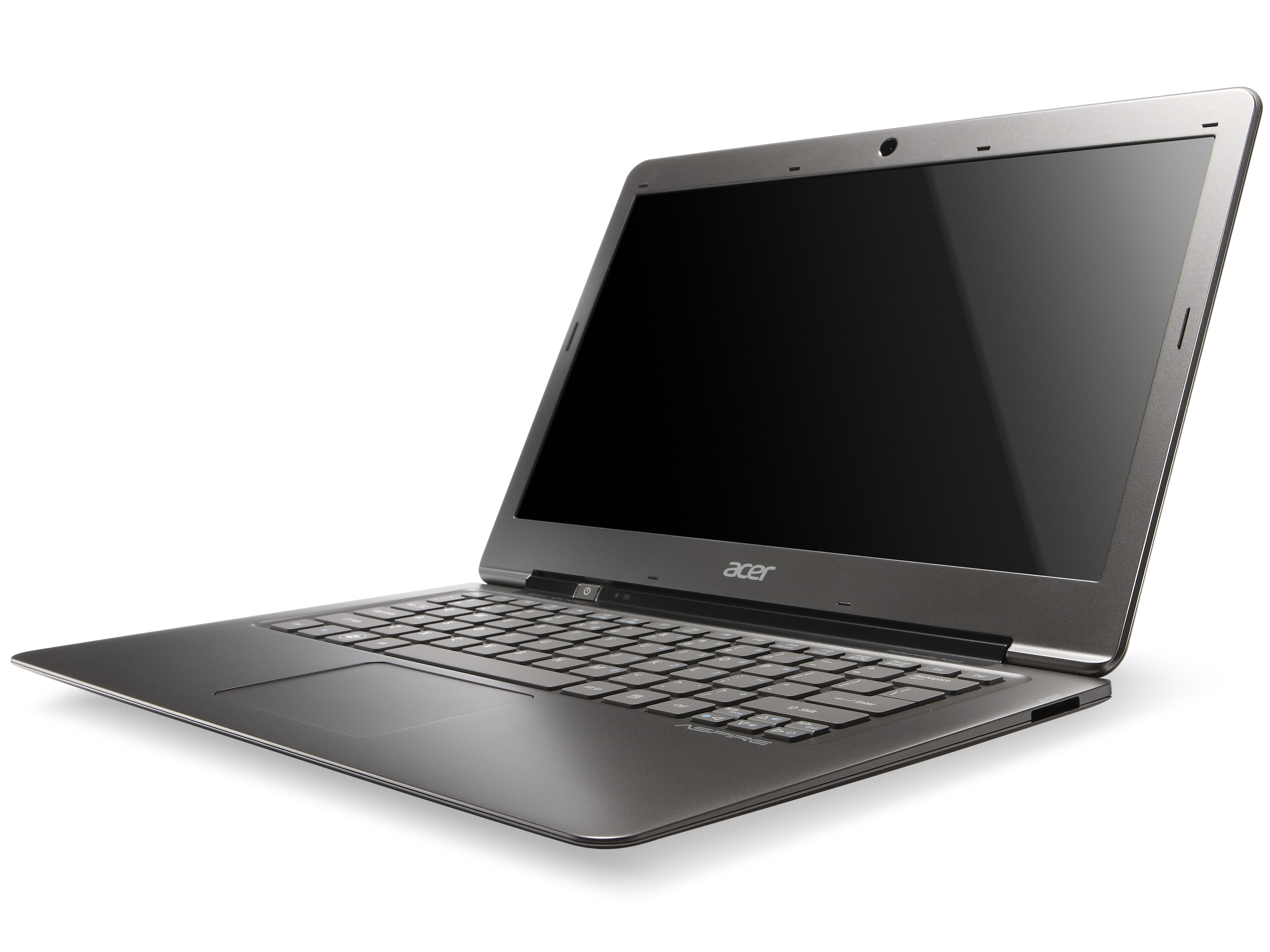Acer, Asus Using Fiberglass to Keep Ultrabook Cost Low
Acer plans to release a 15-inch ultrabook with a fiberglass body in early 2012. Asus also plans to use fiberglass in future ultrabook models.
Industry sources report that Acer plans to launch a 15-inch ultrabook in early 2012 built with a fiberglass chassis manufactured by Mitac Precision Technology. Acer was originally scheduled to ship the ultrabook in Q4 2011, but reportedly chose to stall its release due to "unfavorable market conditions."
Asus, Acer and other companies have complained for months about the cost of manufacturing Intel's proposed new form factor while keeping the consumer price tag at the projected sub-$1000 point. The biggest obstacle they face thus far is the price of Intel's processors, but so far the company hasn't offered any kind of subsidy.
According to sources, the price of a fiberglass chassis will be $5 to $10 less expensive than those built using aluminum alloy, and will supposedly knock $20 off the cost of manufacturing the entire ultrabook. Fiberglass will also make the ultrabooks more lightweight than using aluminum. Sources said Acer plans to outsource these fiberglass ultrabooks to Compal Electronics.
In related news, Asus is also expected to use fiberglass cases from the same supplier for future ultrabook models. Currently the company is slated to officially introduce the aluminum-based UX21 and UX31 at a big event next week in New York City. Notebook Italia reports that these will be called "Zenbooks" based on the name provided in the title of the information request form on the ASUS UX countdown site. Since that report, the information request form has been removed.
Get Tom's Hardware's best news and in-depth reviews, straight to your inbox.

Kevin Parrish has over a decade of experience as a writer, editor, and product tester. His work focused on computer hardware, networking equipment, smartphones, tablets, gaming consoles, and other internet-connected devices. His work has appeared in Tom's Hardware, Tom's Guide, Maximum PC, Digital Trends, Android Authority, How-To Geek, Lifewire, and others.
-
klavis I'd be concerned about the fragility of a fiber glass case. I would imagine a case that thin would be prone to cracking.Reply -
amdwilliam1985 Or if they make the fiber glasses crystal clear so we can see through the casing and into the components, I know I want one.Reply -
-Fran- Intel is going to lose bad on this one... Why do they have to be so stubborn with pricing?Reply
Cheers! -
RazberyBandit I can't imagine just how much machining actually goes into an aluminum notebook chassis. Choosing to use molded fiberglass should definitely prove cheaper, but I'm unsure it would provide the same level of strength.Reply
If only carbon-fiber were cheaper... -
LuckyDucky7 I don't know what the big deal is about durability.Reply
Because even aluminum chassis Ultrabooks will bend and break if you sit on them- once the frame's bent the Macbook Air (or any other notebook) is toast.
You don't buy an Ultrabook if you want durability. If you want a thin-and-light durable, you get a ThinkPad X301 or a business-class thin-and-light. They're not as thin, but you can throw it around and stand on it without too many problems. -
LuckyDucky7 ReplyAMD is too fat
And yet Brazos APUs (E-350/E450) still appear in tablets.
And almost all the mobile APUs (not the MX parts) are 35W parts, just like the standard power Sandy Bridge processors are. Except that they're actually competent in processor graphics whereas Quick Sync is a one-trick pony (not to discount its usefulness yet, however). -
JohnnyLucky I say fiberglass is a lot better than those cardboard pc's that someone tinkered with a few years ago.Reply -
halcyon I think I'd be willing to pay $20-$50 more for an aluminum chassis than a fiberglass chassis.Reply
Salesman:
"Hey, these two computers are identical but this one cost $40 more because the chassis is aluminum. Of course if you get the less expensive one you can buy a nice wireless mouse too for the same total money or just save it."
Customer:
"Wow, that's a doozy, umm.......ummm..."
